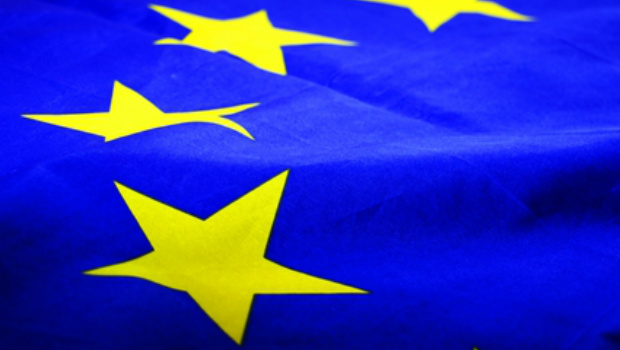Google, Microsoft and Yahoo have met with European data protection authorities to discuss how to implement a recent ruling that gives people the right to have personal information excluded from search results.
The main search engines in Europe are meeting in Brussels with the article 29 Working Party (A29WP), which brings together data protection authorities from across the EU.
The authorities called the meeting after having analyzed the May ruling of the EU Court of Justice (CJEU) that gives people the so-called right to be forgotten online. As a result of the ruling, search engines can be compelled upon request to remove results in Europe for queries that include a person’s name, if the results shown are “inadequate, irrelevant or no longer relevant, or excessive”.
The European authorities are aiming to get a unified implementation of the ruling. In order to effectively exercise the right to be forgotten, it is necessary for individuals to understand thoroughly the precise reasons a search engine can legally refuse this right, officials have said. Practical implementations of the key principles in this case will be discussed with the search engines in order to come up with guidelines that the A29WP plans to publish in the autumn.
When a removal request is denied by a search engine, people can file a complaint about the decision with their local data protection authority. However, the authorities seem to want to avoid a surge in cases as a result of the CJEU ruling.
Google has already received over 70,000 take-down requests covering more than 250,000 Web pages, and has said that the removal requests are growing, with about 1,000 requests a day at the moment.
Meanwhile, civil rights campaigners from Index on Censorship expressed concern that without the rapid introduction of uniform, Europe-wide guidelines from regulators on the implementation of the right to be forgotten for all search engines, the system will lead to swathes of information that should be publicly available being hidden from sight.
The group in an open letter published on Monday called on data protection authorities to issue detailed guidance on the types of information that can be considered “irrelevant” by search engines. They also asked for an appropriate mechanism of oversight to ensure that it is possible for authorities to examine any search engines’ decision on a removal request.
There should also be an appeals mechanism that allows publishers of content who have had links removed to be able to challenge that decision, it said. Earlier this month, Google erroneously removed links to British news articles that were later reinstated.
Talks were ongoing in Brussels on Thursday afternoon local time. A spokeswoman for the French data protection authority CNIL, which currently presides over the A29WP, said an update about the talks would probably have to wait until Friday.
Loek Essers, IDG News Service







Subscribers 0
Fans 0
Followers 0
Followers